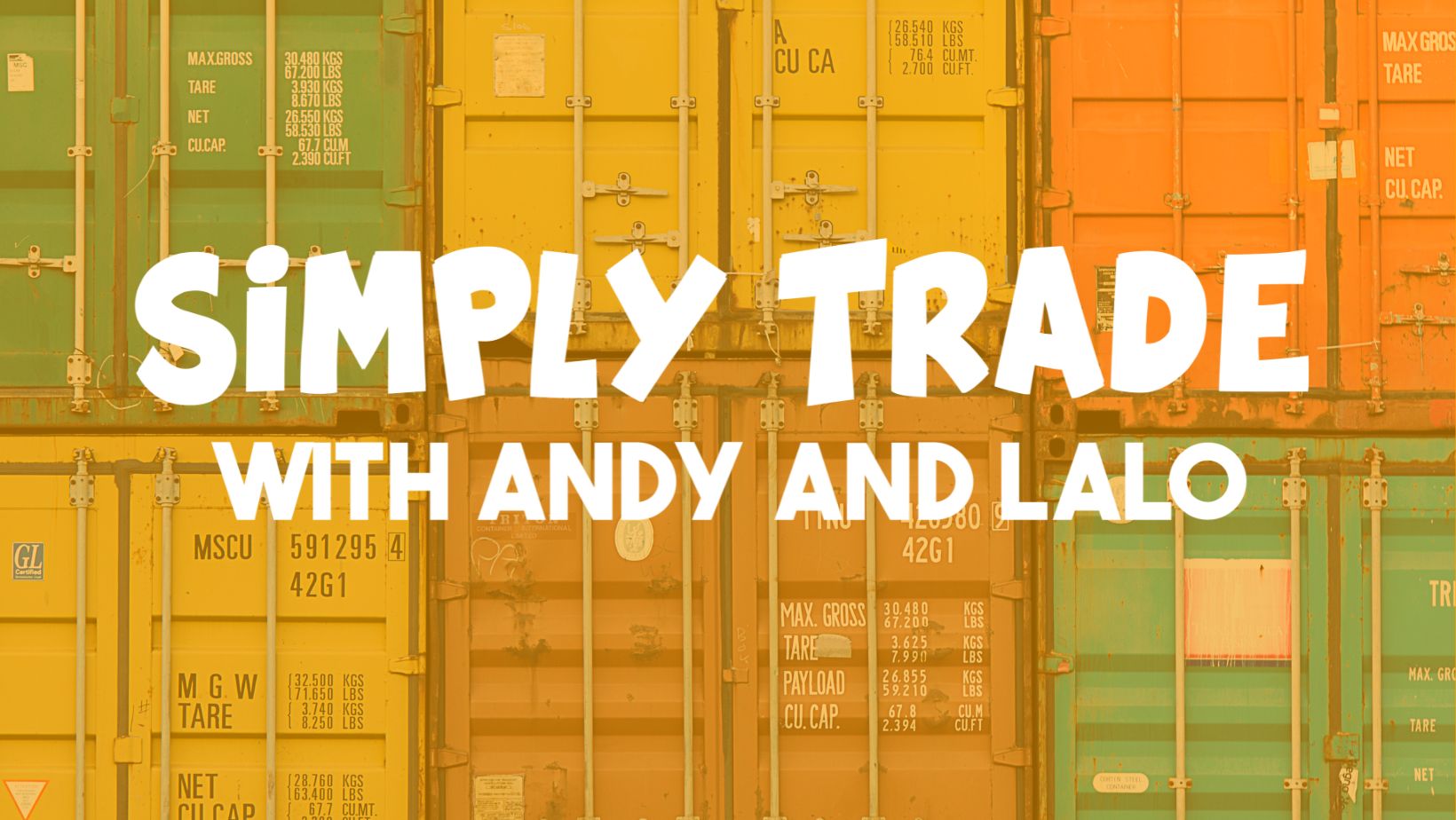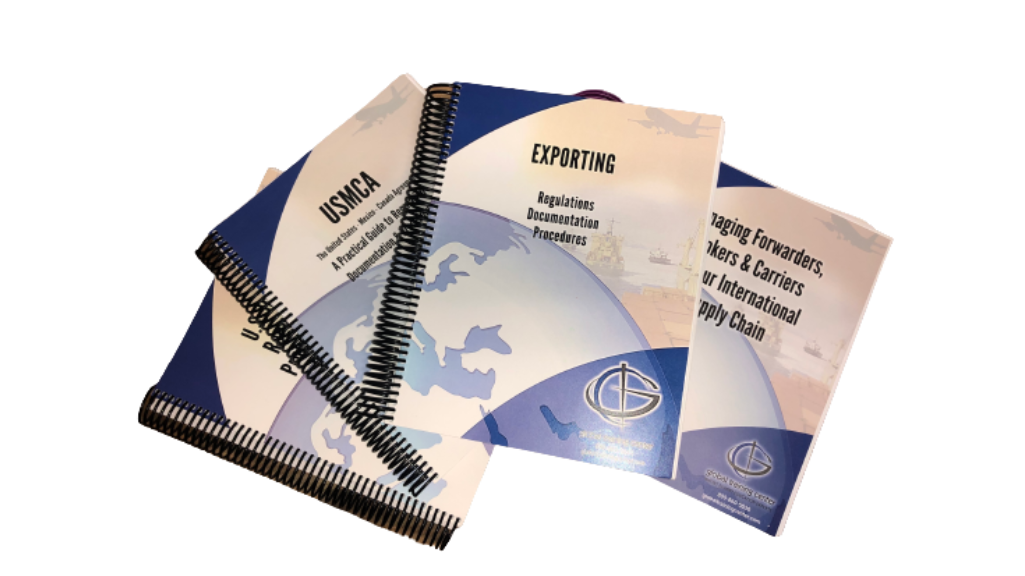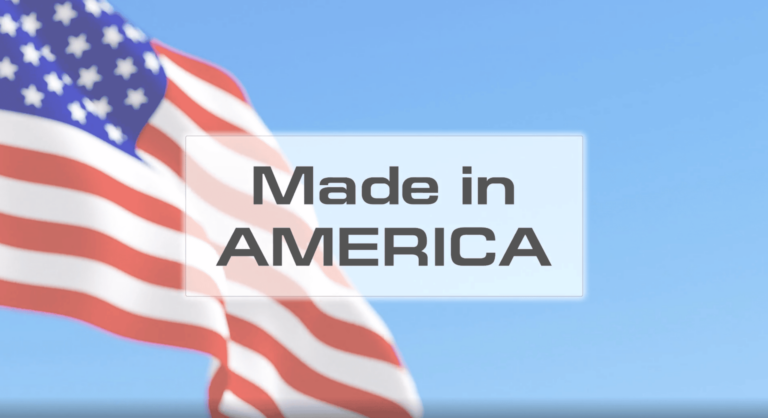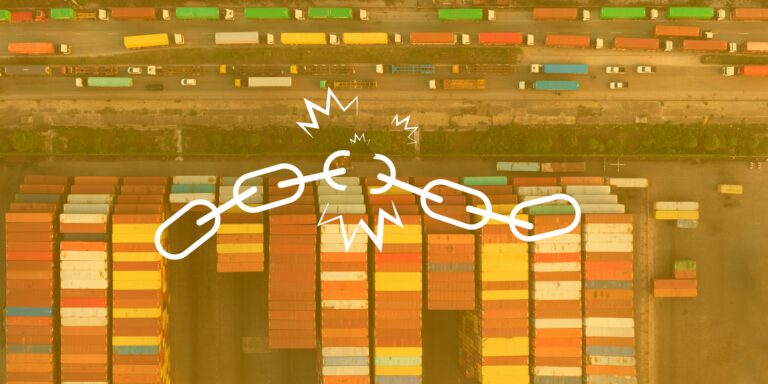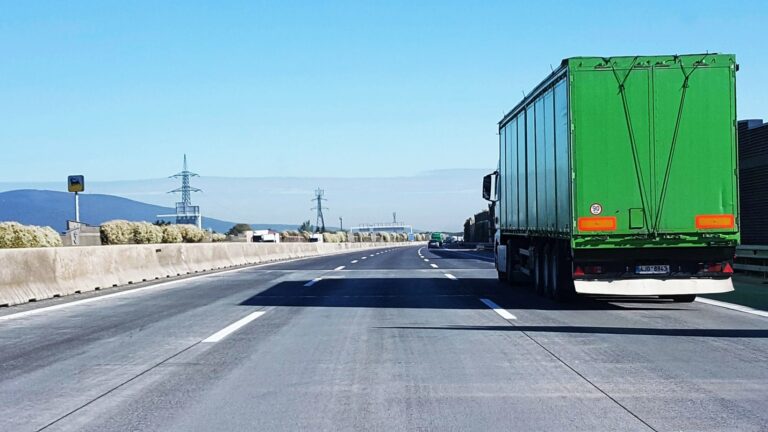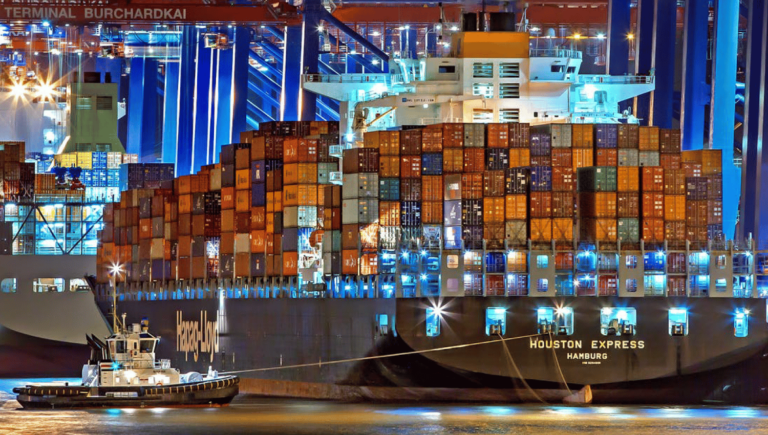A Compliance Wake-Up Call: Why C-Suite Involvement is Critical for Forced Labor Prevention
With the implementation of new forced labor prevention laws across North America, importers can no longer afford to treat supply chain compliance as an afterthought. On a recent episode of Simply Trade, hosts Andy and Lalo delved into these complex regulations with expert Ana Hinojosa of ABH Global Trade Consulting.
Ana provided listeners with an overview of the legal landscape, starting with the Uyghur Forced Labor Prevention Act (UFLPA) in the United States. Unlike previous laws, UFLPA places a higher burden of proof on importers to demonstrate goods detained by CBP were not produced with forced labor in China’s Xinjiang region. Enforcement actions to date have revealed goods detained from China, Malaysia, and Vietnam containing components initially produced with forced labor.
For importers, this means taking a proactive approach to supply chain due diligence is now mandatory rather than optional. Manual verification of supplier information through signed declarations is insufficient on its own. Ana recommended leveraging technology solutions to ensure end-to-end transparency of all suppliers and materials. Lack of transparency or access should be major red flags prompting alternative sourcing.
On-site audits and visits can further verify supplier claims when possible, but certain high-risk regions may not allow this level of access. For companies lacking dedicated compliance resources, engaging expert consultants to develop a comprehensive program was advised. C-suite executives should also directly oversee compliance and potentially conduct their own visits with guidance.
With forced labor laws expanding globally, financial and reputational risks are too high to treat compliance as a luxury. Conferences like GTECH in August provide education and networking with experts like Ana to help importers establish robust programs. By taking a proactive, risk-based approach with third party verification, companies can future-proof their supply chains and avoid costly enforcement issues down the line. The time to act is now before it’s too late.


